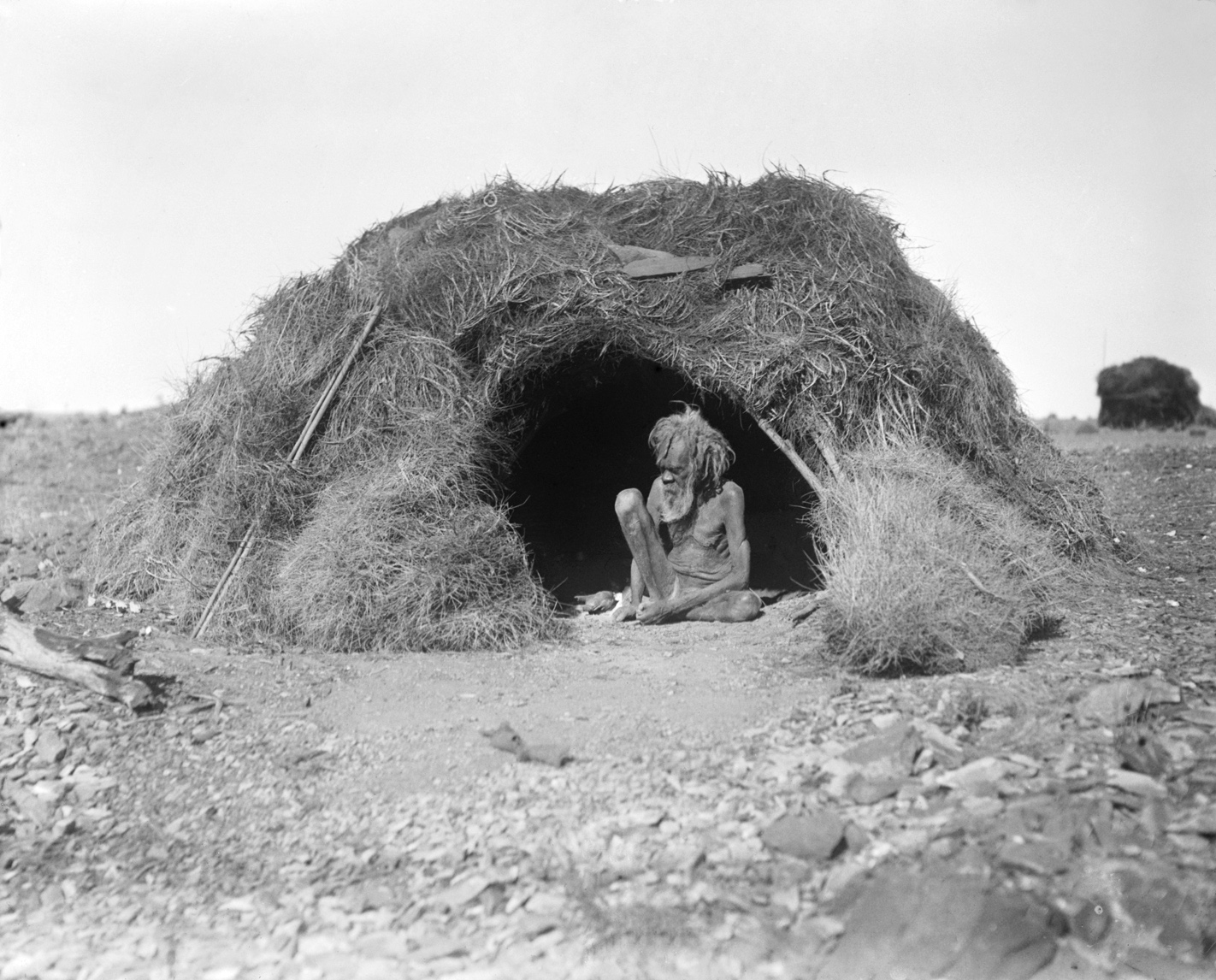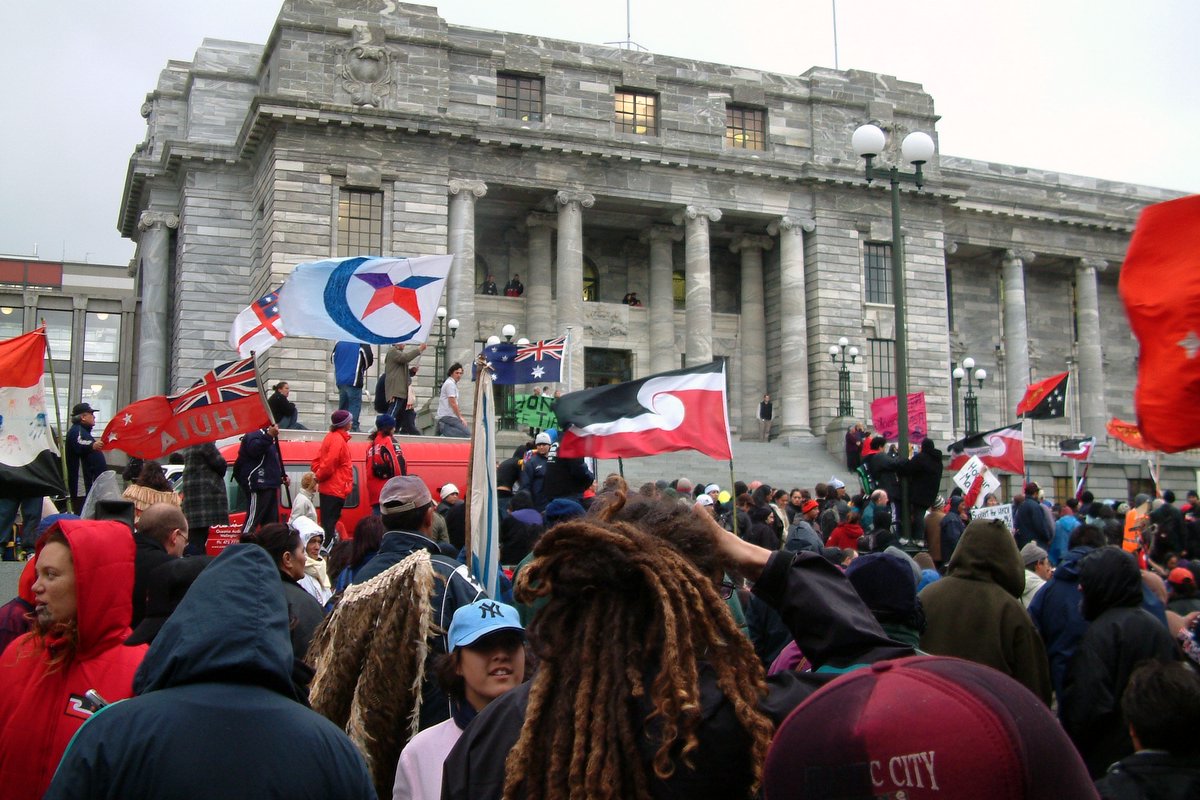|
Registered Native Title Body Corporate
A Registered Native Title Body Corporate (RNTBC) is a corporation nominated by a group of Aboriginal or Torres Strait Islander people for the purposes of native title in Australia, to represent their native title rights and interests, once that group's native title application has been recognised in a Federal Court of Australia determination, and the corporate body registered. The corporation nominated hold and manage (as trustee) or manage (as agent) before native title determination and registration, is called a Prescribed Body Corporate (PBC). In 2015, there were 144 RNTBCs registered with the Office of the Registrar of Indigenous Corporations (ORIC). PBCs are required to register with ORIC, under the provisions of the '' Native Title Act 1993''. They must have the words "registered native title body corporate" or "RNTBC" in their name, while other Aboriginal and Torres Strait Islander corporations can choose to register under other state or territory associations law, o ... [...More Info...] [...Related Items...] OR: [Wikipedia] [Google] [Baidu] |
Aboriginal Australian
Aboriginal Australians are the various indigenous peoples of the Australian mainland and many of its islands, excluding the ethnically distinct people of the Torres Strait Islands. Humans first migrated to Australia 50,000 to 65,000 years ago, and over time formed as many as 500 language-based groups. In the past, Aboriginal people lived over large sections of the continental shelf. They were isolated on many of the smaller offshore islands and Tasmania when the land was inundated at the start of the Holocene inter-glacial period, about 11,700 years ago. Despite this, Aboriginal people maintained extensive networks within the continent and certain groups maintained relationships with Torres Strait Islanders and the Makassar people of modern-day Indonesia. Over the millennia, Aboriginal people developed complex trade networks, inter-cultural relationships, law and religions, which make up some of the oldest, and possibly ''the'' oldest, continuous cultures in the world ... [...More Info...] [...Related Items...] OR: [Wikipedia] [Google] [Baidu] |
Noongar
The Noongar (, also spelt Noongah, Nyungar , Nyoongar, Nyoongah, Nyungah, Nyugah, and Yunga ) are Aboriginal Australian people who live in the South West, Western Australia, south-west corner of Western Australia, from Geraldton, Western Australia, Geraldton on the west coast to Esperance, Western Australia, Esperance on the south coast. There are 14 different groups in the Noongar cultural bloc: Amangu, Ballardong, Yued, Kaneang, Koreng, Mineng, Njakinjaki, Njunga, Pibelmen, Pindjarup, Wadandi, Whadjuk, Wiilman and Wudjari. The Noongar people refer to their land as . The members of the collective Noongar cultural bloc descend from people who spoke several languages and dialects that were often Mutual intelligibility, mutually intelligible. What is now classified as the Noongar language is a member of the large Pama–Nyungan languages, Pama–Nyungan language family. Contemporary Noongar speak Australian Aboriginal English (a dialect of the English language) laced with Noong ... [...More Info...] [...Related Items...] OR: [Wikipedia] [Google] [Baidu] |
Human Rights And Equal Opportunity Commission
The Australian Human Rights Commission is the national human rights institution of the Commonwealth of Australia, established in 1986 as the Human Rights and Equal Opportunity Commission (HREOC) and renamed in 2008. It is a statutory body funded by, but operating independently of, the Australian Government. It is responsible for investigating alleged infringements of Australia's anti-discrimination legislation in relation to federal agencies. The ''Australian Human Rights Commission Act 1986'' articulates the Australian Human Rights Commission's role and responsibilities. Matters that can be investigated by the Commission under the ''Australian Human Rights Commission Regulations 2019'' include discrimination on the grounds of age, medical record, an irrelevant criminal record; disability; marital or relationship status; nationality; sexual orientation; or trade union activity. Commission officebearers The Commission falls under the portfolio of the Attorney-General ... [...More Info...] [...Related Items...] OR: [Wikipedia] [Google] [Baidu] |
Registered Aboriginal Party
A Registered Aboriginal Party (RAP) is a recognised representative body of an Aboriginal Australian people per the ''Aboriginal Heritage Act 2006'' (Vic.), whose function is to protect and manage the Aboriginal cultural heritage in the state of Victoria, Australia, Victoria in Australia. Function Registered Aboriginal Parties act as the "primary guardians, keepers and knowledge holders of Aboriginal cultural heritage" in Victoria. They are the approximate equivalent to land councils (mostly in the Northern Territory) or Aboriginal or Indigenous Australian, Indigenous corporations in the other states. If the body registers a claim with the National Native Title Tribunal under the ''Native Title Act 1993'' (Cwth), they are referred to as a prescribed body corporate (PBC) until such time as a determination is made, when they become a Registered Native Title Body Corporate, or RNTBC, registered with the Office of the Registrar of Indigenous Corporations under the ''Corporations ( ... [...More Info...] [...Related Items...] OR: [Wikipedia] [Google] [Baidu] |
Native Title In Australia
Native title is the set of rights, recognised by Australian law, held by Aboriginal and Torres Strait Islander groups or individuals to land that derive from their maintenance of their traditional laws and customs. These Aboriginal title rights were first recognised as a part of Australian common law with the decision of '' Mabo v Queensland (No 2)'' in 1992. The doctrine was subsequently implemented and modified via statute with the '' Native Title Act 1993''. The concept recognises that in certain cases there was and is a continued beneficial legal interest in land held by Indigenous peoples which survived the acquisition of radical title and sovereignty to the land by the Crown. Native title can co-exist with non-Aboriginal proprietary rights and in some cases different Aboriginal groups can exercise their native title rights over the same land. The Federal Court of Australia arranges mediation in relation to claims made by Aboriginal and Torres Strait Islander peoples, an ... [...More Info...] [...Related Items...] OR: [Wikipedia] [Google] [Baidu] |
Aboriginal Title
Aboriginal title is a common law doctrine that the Indigenous land rights, land rights of indigenous peoples to customary land, customary tenure persist after the assumption of sovereignty to that land by another Colonization, colonising state. The requirements of proof for the recognition of aboriginal title, the content of aboriginal title, the methods of extinguishing aboriginal title, and the availability of compensation in the case of extinguishment vary significantly by jurisdiction. Nearly all jurisdictions are in agreement that aboriginal title is Alienation (property law), inalienable, and that it may be held Individual and group rights, either individually or collectively. Aboriginal title is also referred to as indigenous title, native title (Native title in Australia, in Australia), original Indian title (Aboriginal title in the United States, in the United States), and customary title (in New Zealand). Aboriginal title jurisprudence is related to indigenous rights, i ... [...More Info...] [...Related Items...] OR: [Wikipedia] [Google] [Baidu] |
Common Law
Common law (also known as judicial precedent, judge-made law, or case law) is the body of law primarily developed through judicial decisions rather than statutes. Although common law may incorporate certain statutes, it is largely based on precedent—judicial rulings made in previous similar cases. The presiding judge determines which precedents to apply in deciding each new case. Common law is deeply rooted in Precedent, ''stare decisis'' ("to stand by things decided"), where courts follow precedents established by previous decisions. When a similar case has been resolved, courts typically align their reasoning with the precedent set in that decision. However, in a "case of first impression" with no precedent or clear legislative guidance, judges are empowered to resolve the issue and establish new precedent. The common law, so named because it was common to all the king's courts across England, originated in the practices of the courts of the English kings in the centuries fo ... [...More Info...] [...Related Items...] OR: [Wikipedia] [Google] [Baidu] |
RATSIB
The National Native Title Tribunal (NNTT) is an independent body established under the ''Native Title Act 1993'' in Australia as a special measure for the advancement and protection of Aboriginal and Torres Strait Islander peoples (Indigenous Australians). It manages applications for and administration of native title in Australia. Description The National Native Title Tribunal comprises a President and Members appointed by the Governor-General of Australia under the Act to make decisions, conduct inquiries, reviews and mediations, and assist various parties with native title applications in Australia, and Indigenous land use agreements (ILUAs). Text was copied from this source, which is available under Attribution 4.0 International (CC BY 4.0)licence (as pethis page. The NNTT is supported by the Native Title Registrar, also appointed by the Governor-General. The statutory office-holders of the Tribunal each have separate and specific functions and responsibilities to perform ... [...More Info...] [...Related Items...] OR: [Wikipedia] [Google] [Baidu] |
Land Council
Land councils, also known as Aboriginal land councils, or land and sea councils, are Australian community organisations, generally organised by region, that are commonly formed to represent the Indigenous Australians (both Aboriginal Australians and Torres Strait Islander people) who occupied their particular region before the arrival of European settlers. They have historically advocated for recognition of traditional land rights, and also for the rights of Indigenous people in other areas such as equal wages and adequate housing. Land councils are self-supporting, and not funded by state or federal taxes. The first land councils were created in the Northern Territory under the ''Aboriginal Land Rights Act 1976'', with the states later creating their own legislation and system of land councils. Aboriginal land trusts (ALTs) were also set up under the Act, which hold the freehold title to the land granted under the Act. There are 151 Aboriginal land trusts, holding nearly 50 ... [...More Info...] [...Related Items...] OR: [Wikipedia] [Google] [Baidu] |
National Indigenous Australians Agency
The National Indigenous Australians Agency (NIAA) is an Australian Public Service agency of the Australian Government. It is responsible for whole-of-government coordination of policy development, program design, and service delivery for Aboriginal Australians and Torres Strait Islander people, who are grouped under the term Indigenous Australians. Created in July 2019, under then Prime Minister Scott Morrison, the Agency is responsible to the Minister for Indigenous Australians, Malarndirri McCarthy and is an executive agency of the Department of the Prime Minister and Cabinet, replacing the Department's Indigenous Affairs Group. The inaugural Chief Executive Officer was retired Vice Chief of the Defence Force, Ray Griggs. Jody Broun became the CEO in February 2022. History The agency was first announced by Prime Minister Scott Morrison on 26 May 2019 after the return of the Liberal-National Coalition to government at the 2019 federal election. Morrison announced ... [...More Info...] [...Related Items...] OR: [Wikipedia] [Google] [Baidu] |
Native Title Service Provider
The National Native Title Tribunal (NNTT) is an independent body established under the ''Native Title Act 1993'' in Australia as a special measure for the advancement and protection of Aboriginal and Torres Strait Islander peoples (Indigenous Australians). It manages applications for and administration of native title in Australia. Description The National Native Title Tribunal comprises a President and Members appointed by the Governor-General of Australia under the Act to make decisions, conduct inquiries, reviews and mediations, and assist various parties with native title applications in Australia, and Indigenous land use agreements (ILUAs). Text was copied from this source, which is available under Attribution 4.0 International (CC BY 4.0)licence (as pethis page. The NNTT is supported by the Native Title Registrar, also appointed by the Governor-General. The statutory office-holders of the Tribunal each have separate and specific functions and responsibilities to perform ... [...More Info...] [...Related Items...] OR: [Wikipedia] [Google] [Baidu] |



